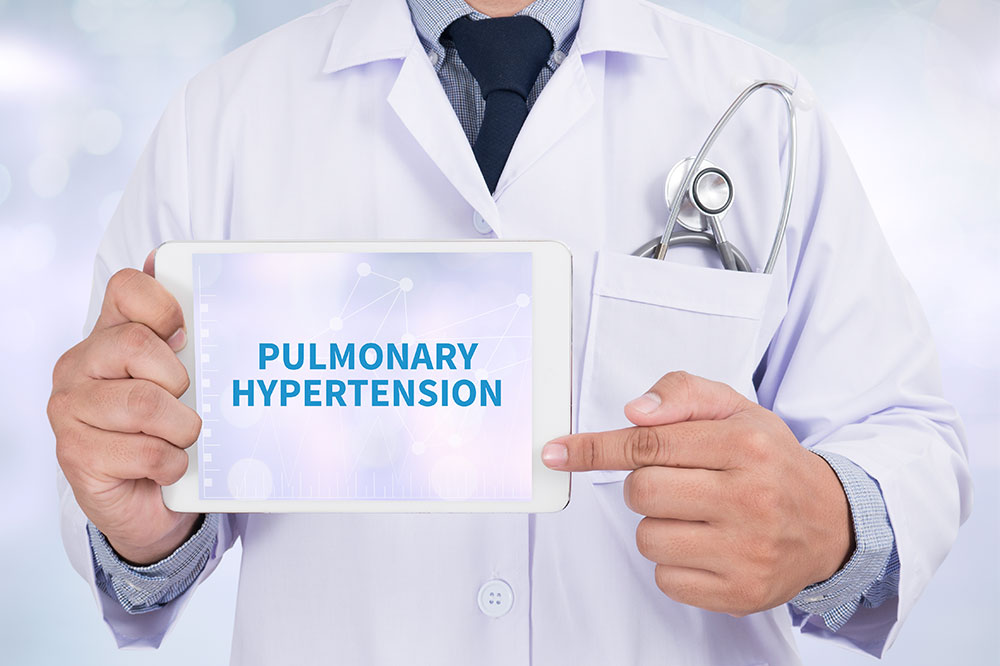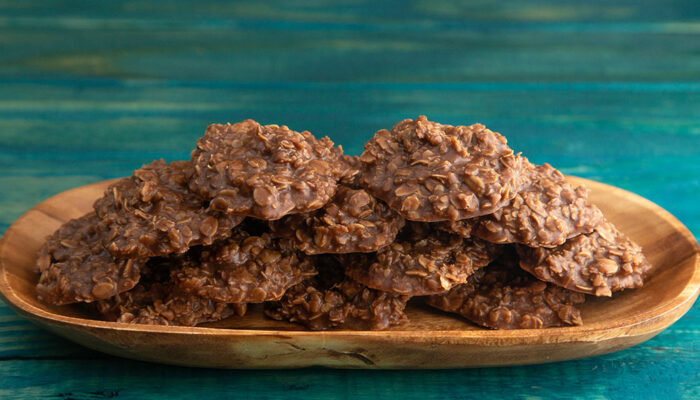
4 Lifestyle Changes to Manage PAH
As such, there is no cure for Pulmonary Arterial Hypertension (PAH). However, certain procedures and medications can slow down the progression of the disease and better your life quality. The PAH treatment may vary from one person to another. So, it is best advised to work with your doctor to understand which treatment plan works best for you. In addition to the medication, some lifestyle changes help with PAH.
Here are a few lifestyle changes that help with PAH:
1. Lower your sodium and salt intake
One of the most prevalent pieces of advice you will hear from your doctor to prevent PAH symptom flare-ups is to reduce your salt intake. Salt is present in high quantities in canned foods, picked foods, and packaged foods. Thus, it is recommended to pick fresh ingredients, which can help curtail the sodium you consume. Further, you should taste the food before you add salt to it. Unfortunately, some people tend to add a high degree of salt to everything out of habit. Always remember, when it comes to salt, a little can go a long way. If less salt makes you feel that your food is losing flavor, you can instead experiment with spices, such as garlic, herbs, or cumin.
2. Get physically active
In all honesty, not everyone who has PAH can take up an hour-long Zumba training or heavy lifting. However, almost everyone with the disorder can benefit from any light exercise. You can engage yourself in pulmonary rehab programs. This helps boost your stamina and simultaneously keep a check on your breathing as you exercise. However, if you find this too much, you can speak to your doctor and indulge in other simpler activities, such as swimming or walking. You can even find a yoga program to help keep your PAH symptoms in check.
Generally speaking, those who indulge in the correct form of exercise can breathe better, walk more, and better manage PAH. More so, such people find themselves more hopeful and can better monitor the disease. Even though muscle strengthening is quintessential, do not indulge in lifting weights heavier than 15 pounds. It can strain your heart and aggravate PAH symptoms.
3. Do not smoke
One of the most important lifestyle changes that help with PAH is smoking cessation. So, if you smoke, it is vital to quit at the earliest to better your lung and heart health. If you find it hard to stop, you can speak to your doctor and find some alternatives to cigarette smoking. Further, keep away from second-hand smoking as much as possible.
4. Maintain a journal
Lastly, it will help to have a journal to monitor your progress and track your symptoms. In the journal, you can write down the symptoms you experience daily, the severity of the symptoms, chores you need to do in the day, and dates of all medical appointments. You can also note down the questions for which you need answers from your healthcare team and the conclusion of the appointment for future reference.



